The 1970s were a tough time for Britain as it faced a wave of blackouts swept across the country.
Caused by coal miners’ strikes and energy shortages, these power cuts left millions without electricity, plunging homes, schools, and businesses into darkness.
So, what was life really like during those blackouts? Let’s take a look back at a time when Britain had to adapt to living without power.
The 1970s Energy Crisis: A Nation In The Dark
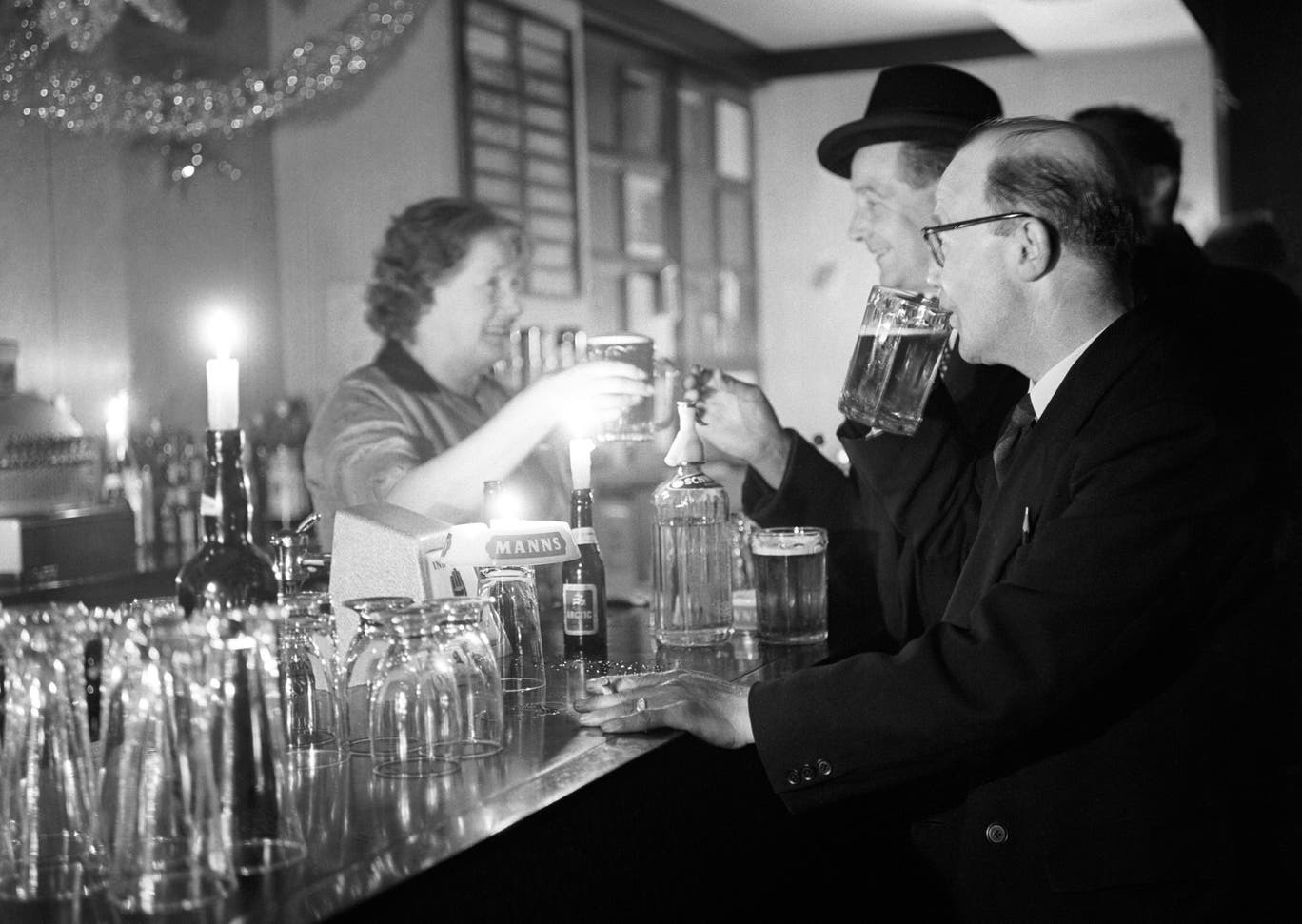
In the early 1970s, Britain’s energy supply was heavily reliant on coal. When coal miners voted to strike over wages in 1972, it sparked a nationwide energy crisis.
The strikes, combined with picketing at power stations, restricted coal supplies, leading to widespread power outages across the country.
The blackouts peaked during the infamous three-day workweek in 1974, imposed by Prime Minister Edward Heath to conserve energy.
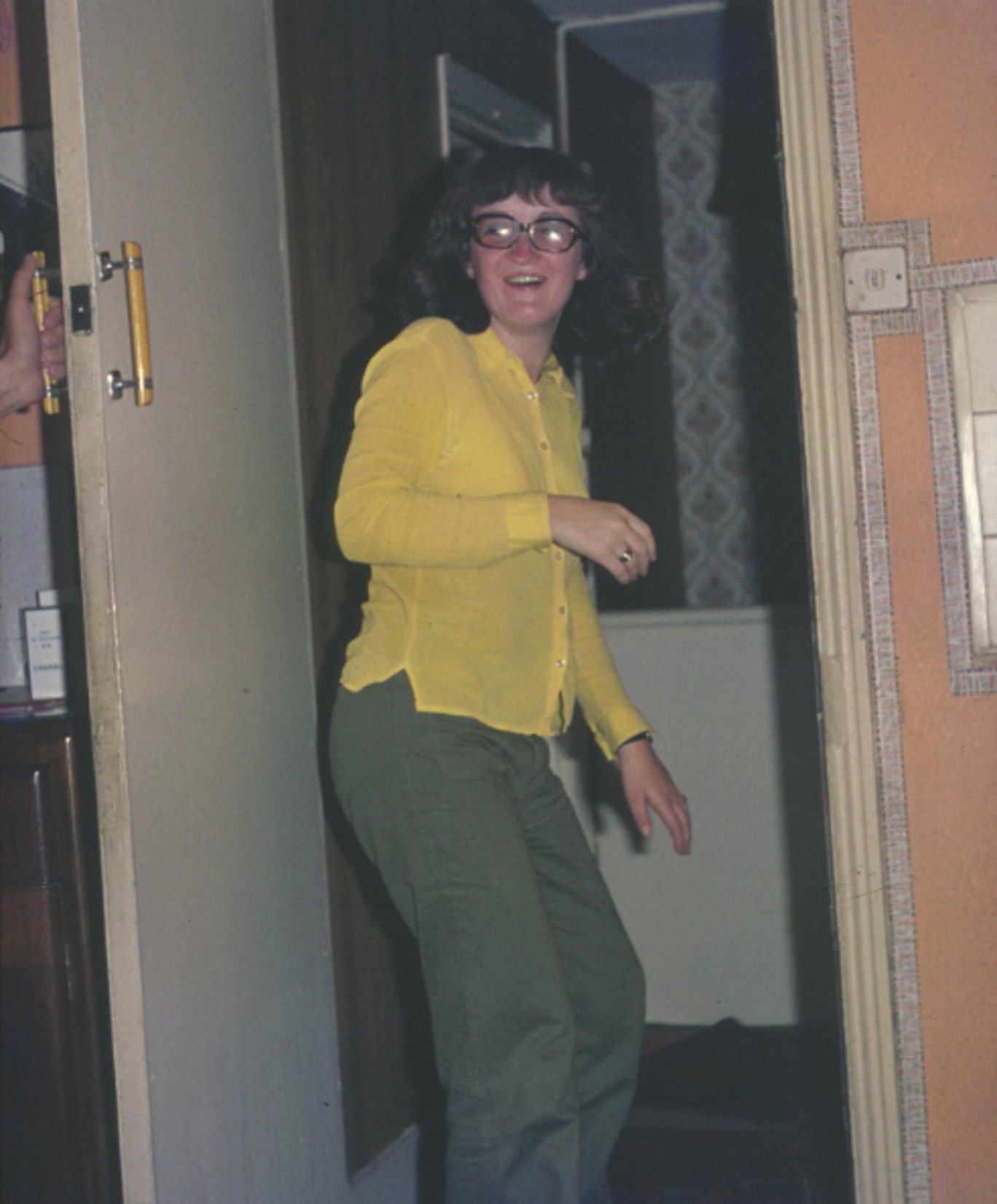
This period wasn’t just about inconvenience; it was a time of economic and social disruption.
Alison Hopkins, a former IT sales manager, recalled: “It was so damn boring, you had no lights in your office and you had to go home early, you couldn’t go into a shop, you couldn’t get a coffee.”
“It was boring, cold and tedious and when we got later into the 1970s we had shortages of sugar and loo roll.” For millions of Britons, the blackouts were an unavoidable part of life.
Adapting To The Blackouts: The Blitz Spirit Revisited
Though the blackouts were frustrating, many Britons took them in stride, tapping into the same “Blitz spirit” that had seen them through World War II.
People adjusted their schedules to fit the power outage timetables published in newspapers, planning meals and daily activities around the blackouts.
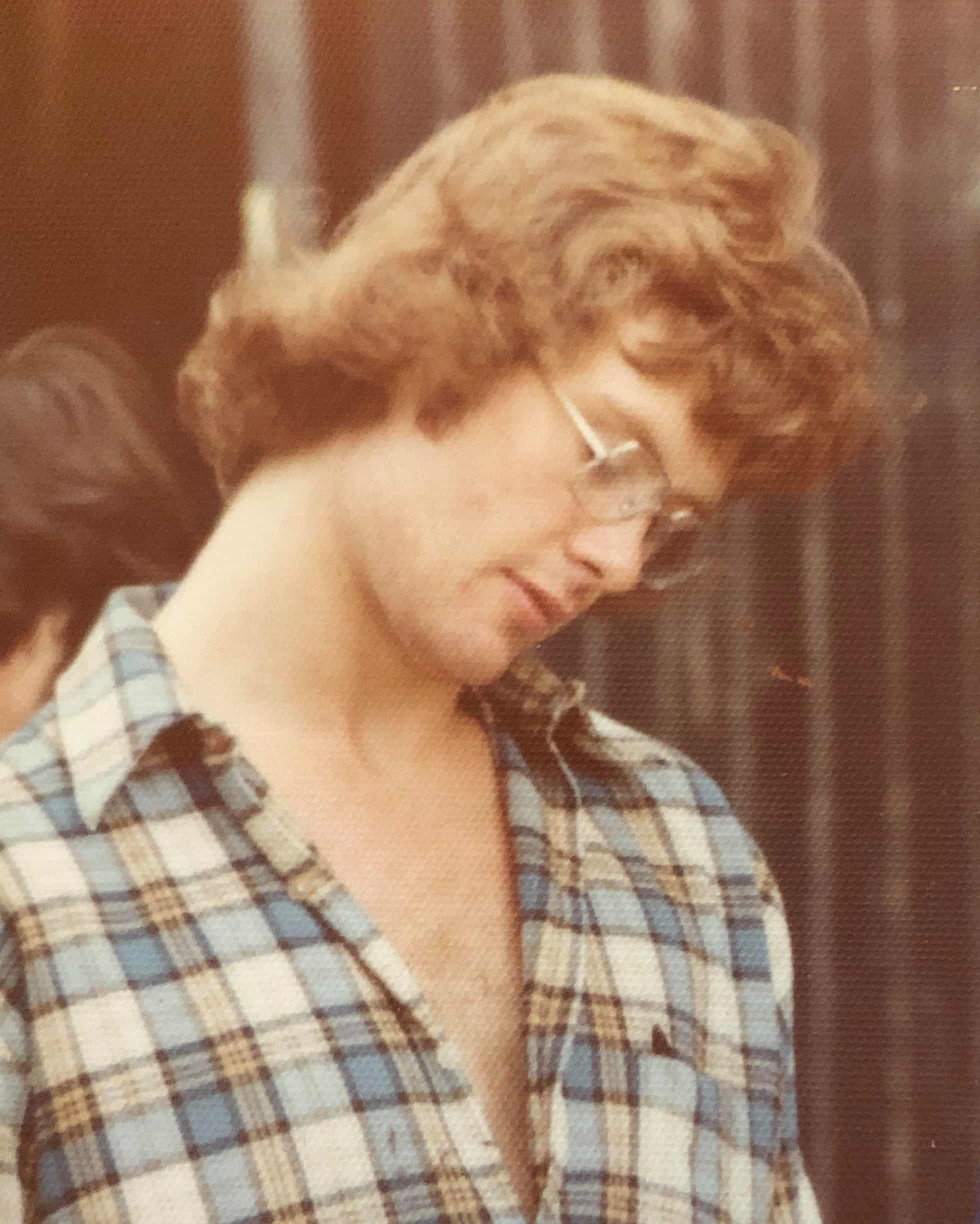
Chris Lilly, a retired teacher, shared his experience from a 1973 theatre production during a power cut:
“At the beginning of the play, they told us that they were expecting a power cut, and they were happy to go ahead if we were too,” Lilly says. “Then they gave half a dozen of us on the front row torches, and the play progressed.
Everything was going swimmingly, and then the lights cut out, and that’s when we had to turn on our torches,” Lilly recalls. “It was kind of like blitz spirit.” Life didn’t stop, but people found creative ways to navigate the challenges.
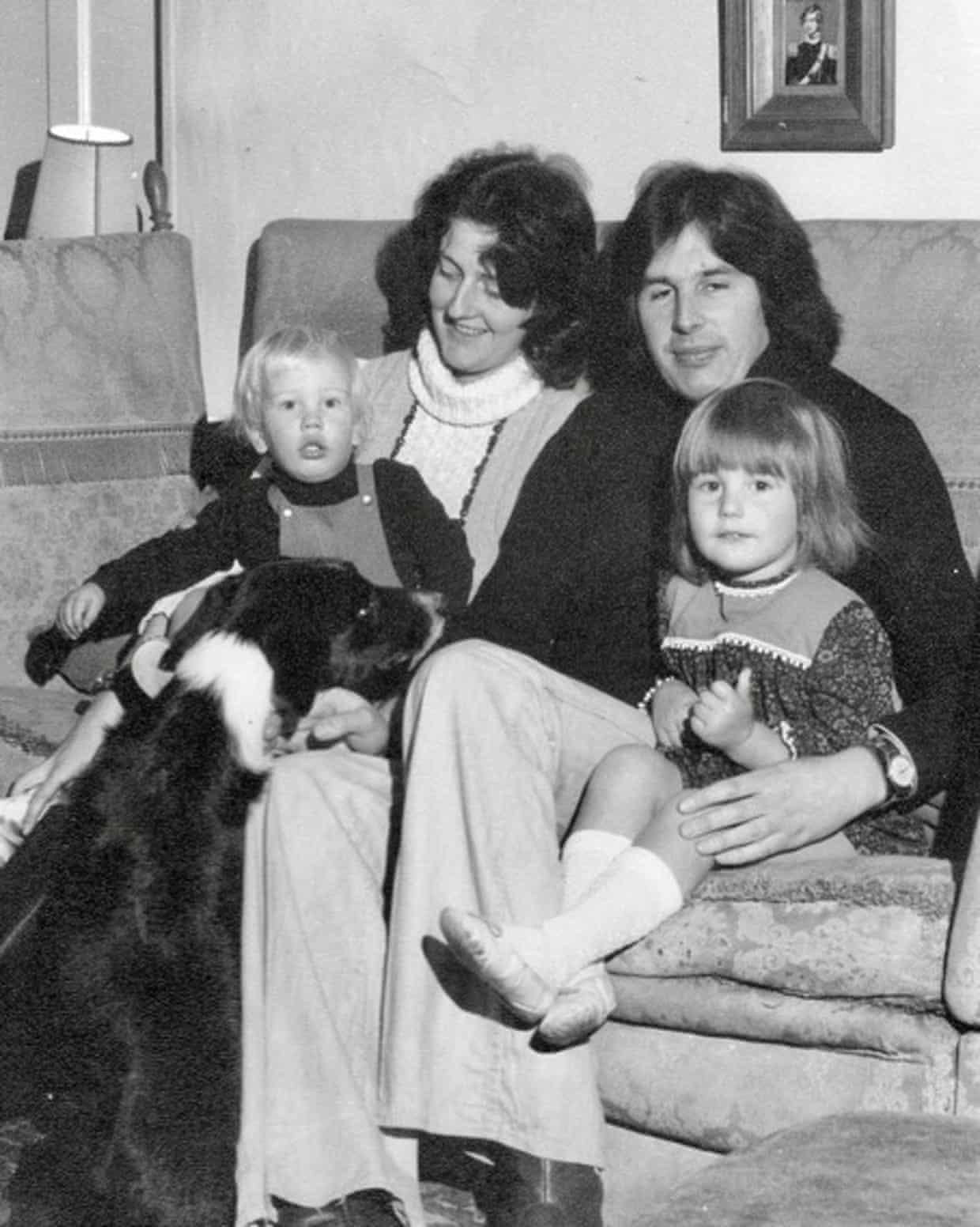
Judy Young, a retired headteacher, faced unique difficulties as a mother of young children:
“The house was freezing and it was dangerous with such small children to have any kind of oil heater which they could burn their fingers on.”
But despite the difficulties, she remembers her children enjoyed the moments at the time.
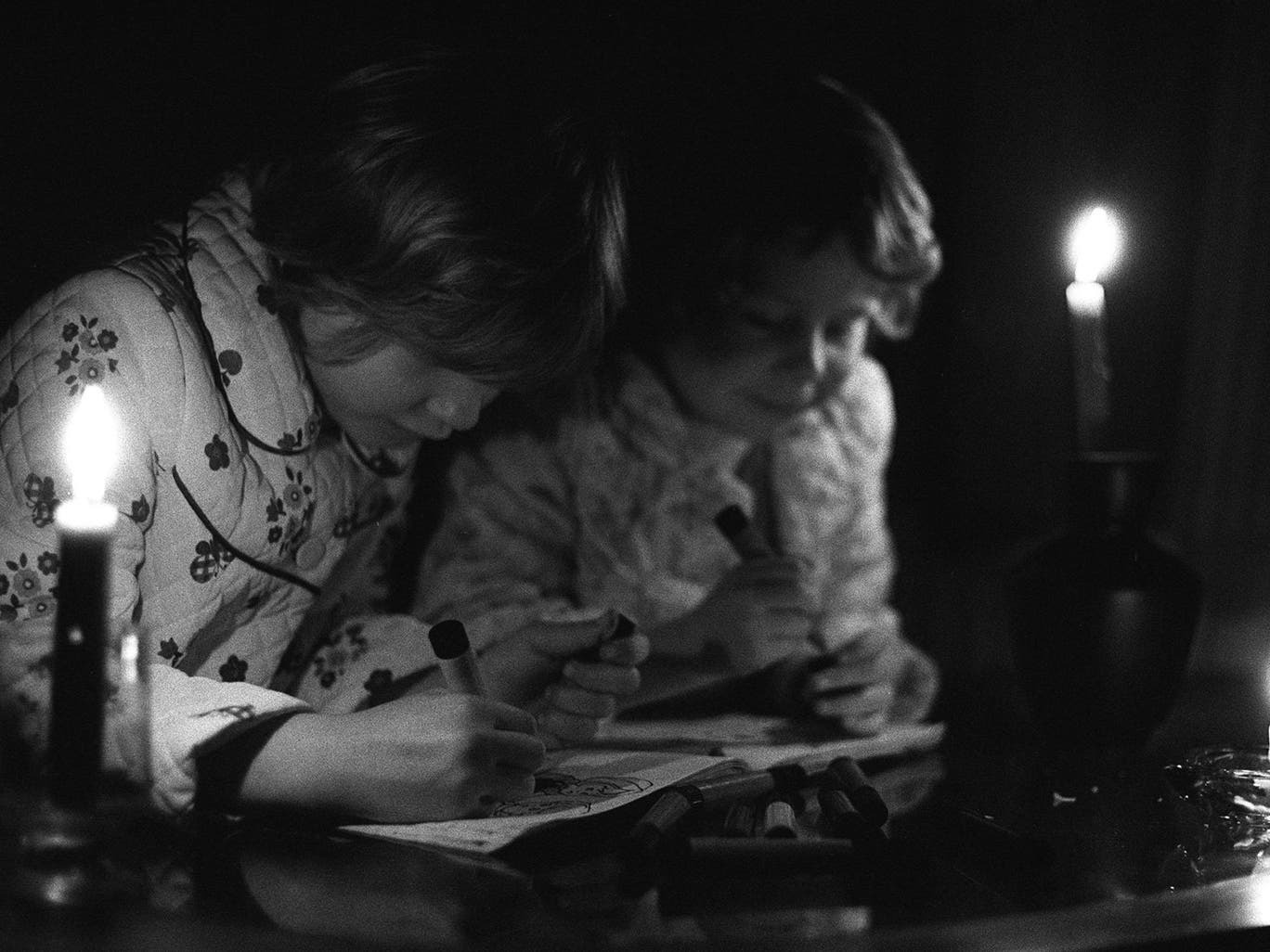
“I can still in my mind picture their small faces, smiling with excitement at the thought of having their meals as picnics in the sitting room, and having their baths in a tin bath in front of the fire,” Young says.
“They loved it. After the power cut, they used to beg for it to happen again. They didn’t remember being so cold and miserable.”
Daily Life Without Power: Cold, Dark, And Tedious
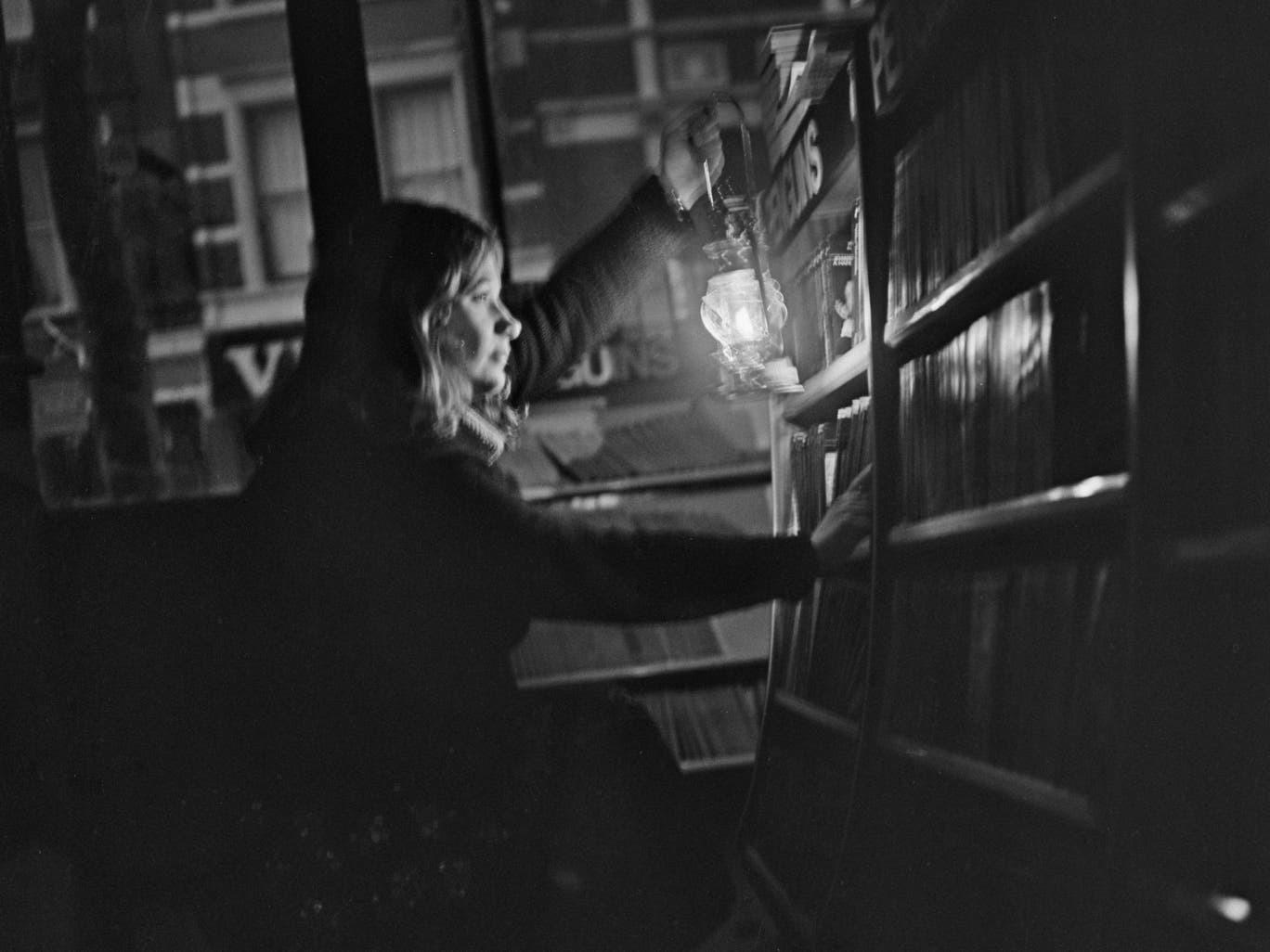
The blackouts disrupted every aspect of society. Schools sent children home early, businesses closed, and everyday chores like washing clothes became a logistical nightmare.
Jaine Lunn, a secondary school student at the time, remembers:
“The real hassle was figuring out when you’d do your washing. The washing machine would just stop spinning and it would be full. We had to do our homework by the candlelight – it was a nightmare, it went on for months, it was horrible.”
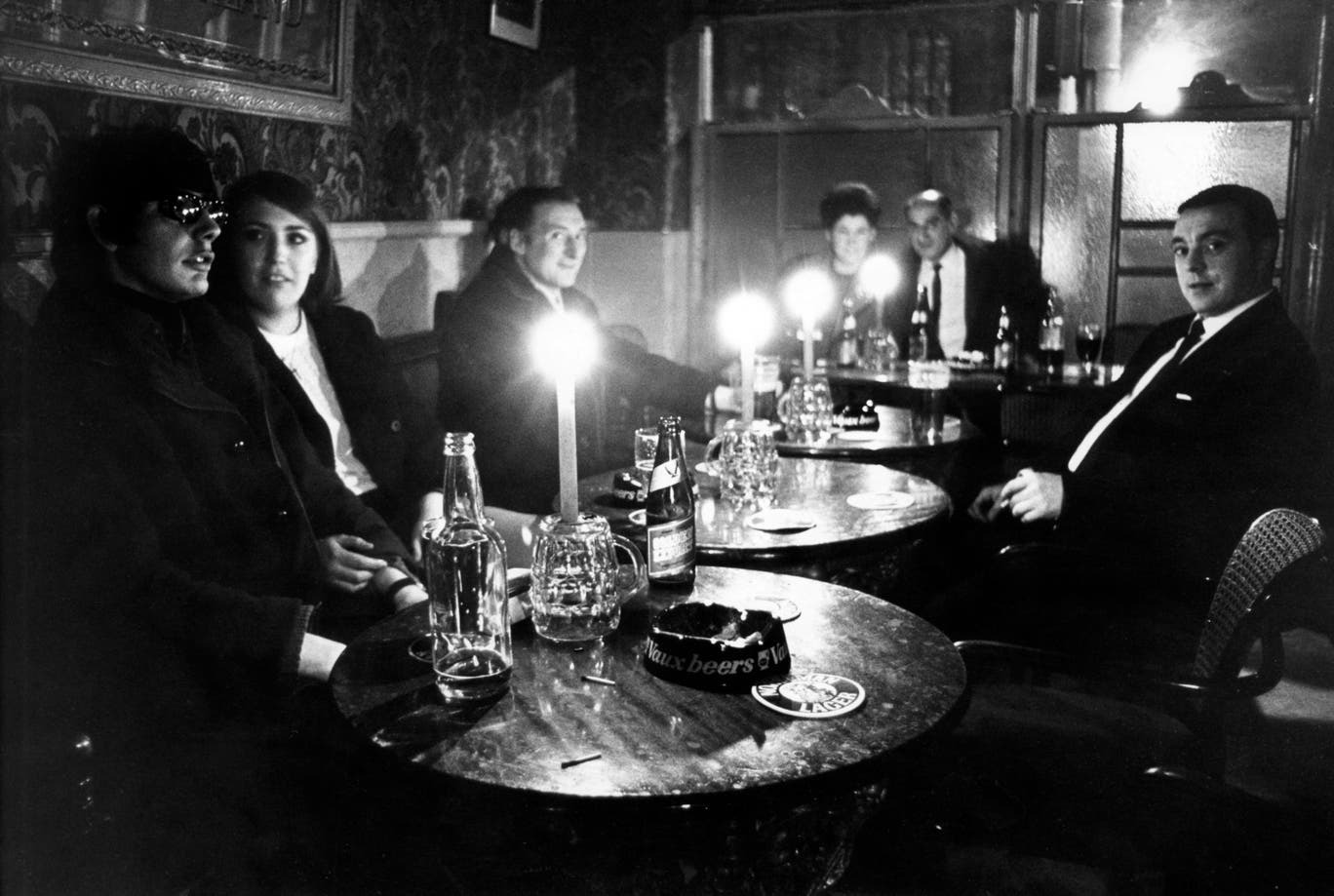
Many people also had to adjust to colder homes as electricity-powered heating systems went offline. Without modern conveniences, families relied on candles and gas stoves to get by.
For many, the lack of entertainment led to profound boredom.
“I just remember coming home from school and it being dark and you were bored. You just ended up going to bed wrapped up and cold,” Jaine recalls.
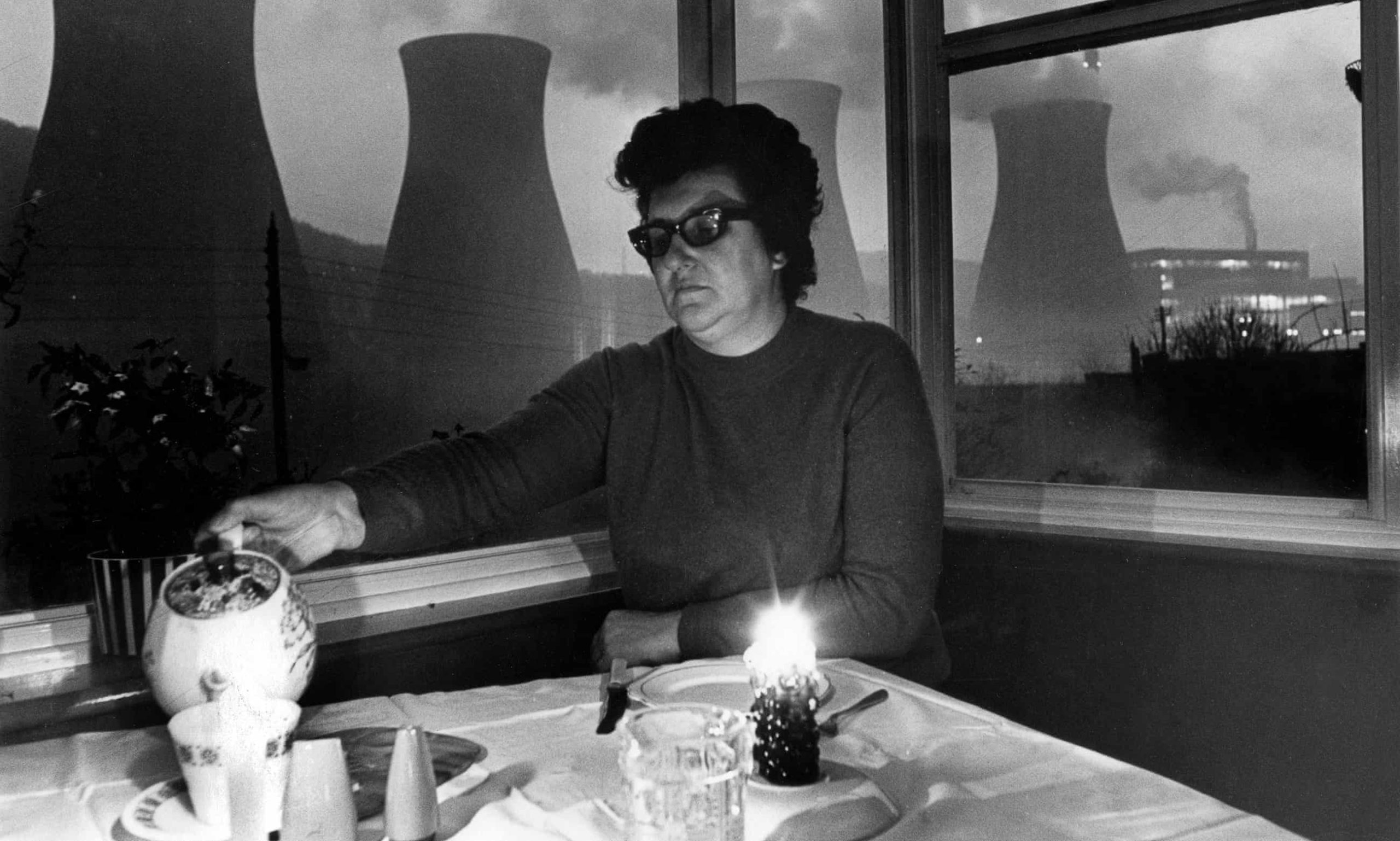
Yet, for some, the power cuts had a silver lining. Bobbie Rawson, a child during the blackouts, fondly remembered: “We were mostly all in one room with candles, we were playing games.” For children, the blackouts were often more of an adventure than a hardship.
The ‘Three-Day Week’: Economic And Social Impact
Perhaps the most significant moment of the 1970s blackouts came in 1974 with the introduction of the three-day workweek.
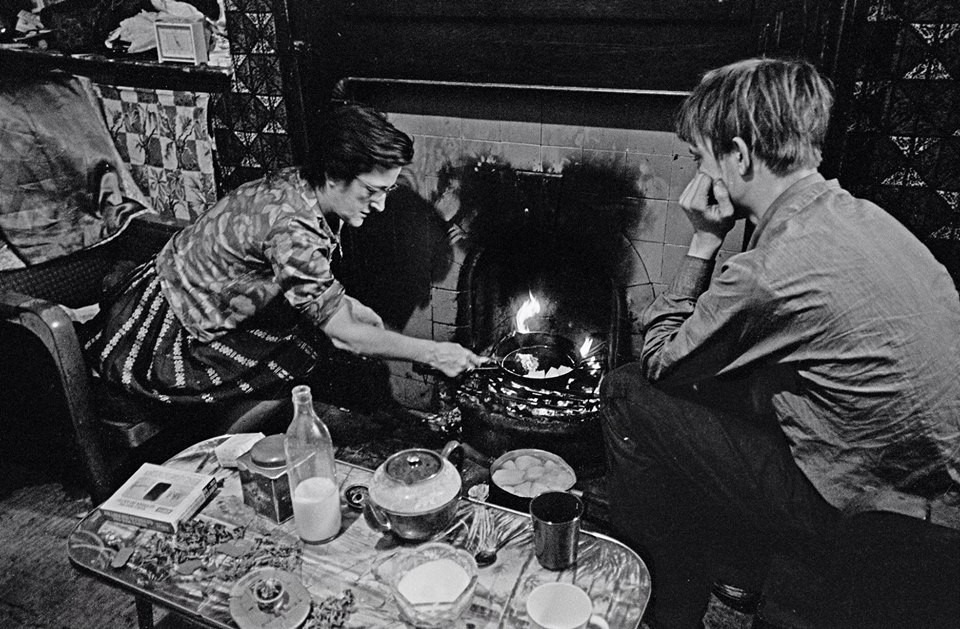
This drastic measure aimed to preserve power by limiting commercial and industrial activity. Offices, factories, and businesses could only operate for three days a week.
The economic toll was severe. With limited workdays, industries struggled to meet demands, leading to widespread layoffs and financial hardship for many families.
“It was tedious, but we made the best of it,” says Hopkins. The blackouts tested the nation, but they also fostered a sense of community and togetherness.
The Blackouts: A Lasting Memory
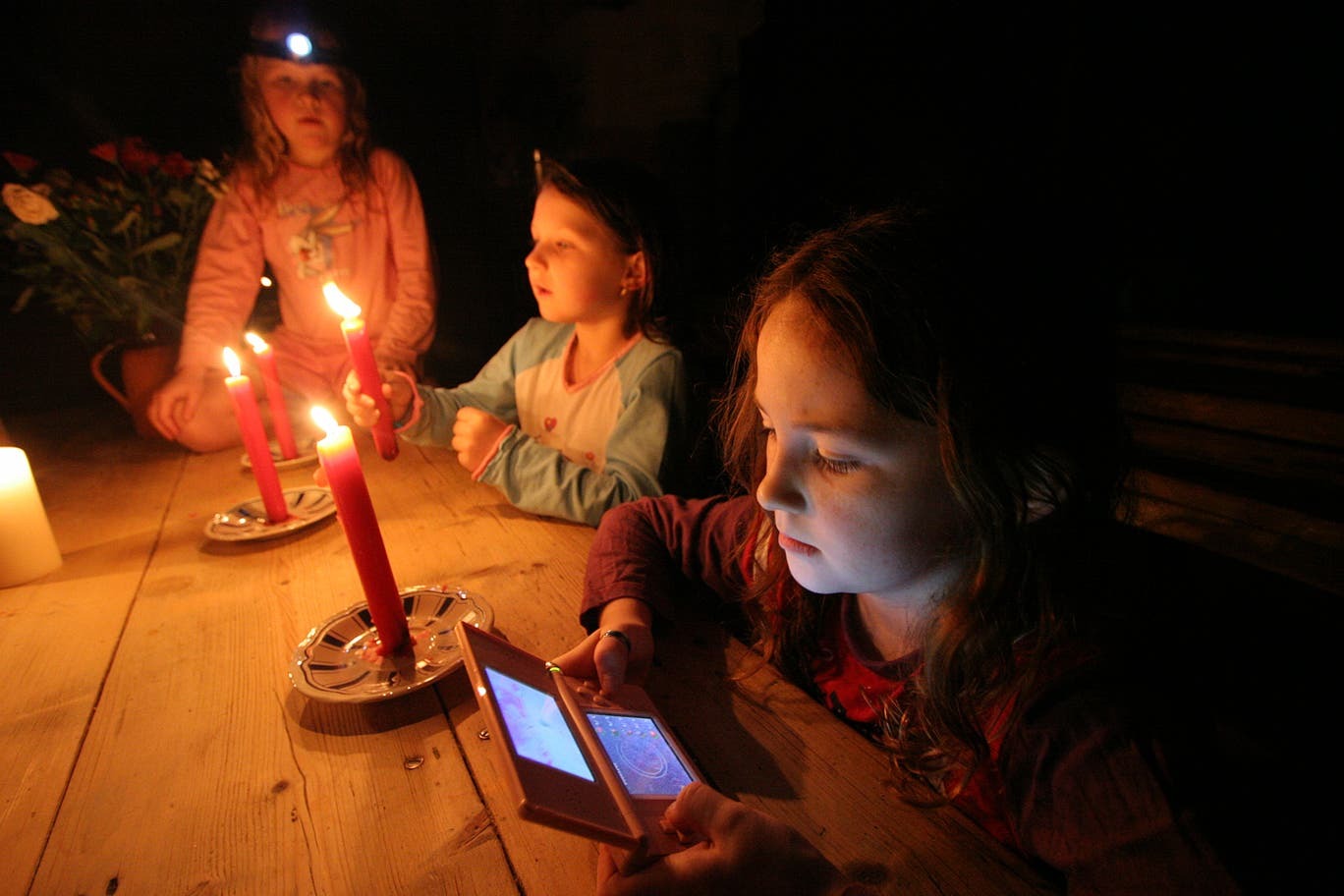
While the blackouts of the 1970s eventually faded as the energy crisis subsided, their memory lingers. For those who lived through them, the period left an indelible mark.
Today, as the threat of winter blackouts looms once again amid energy concerns, memories of the 1970s provide a sobering reminder of what life could be like without reliable electricity.
“Lighting the candles when we lost the electricity has just stuck in my mind,” says Jenifer Gould. The blackouts shaped her habits of keeping candles in the house as an adult. The past, it seems, never fully fades away.

